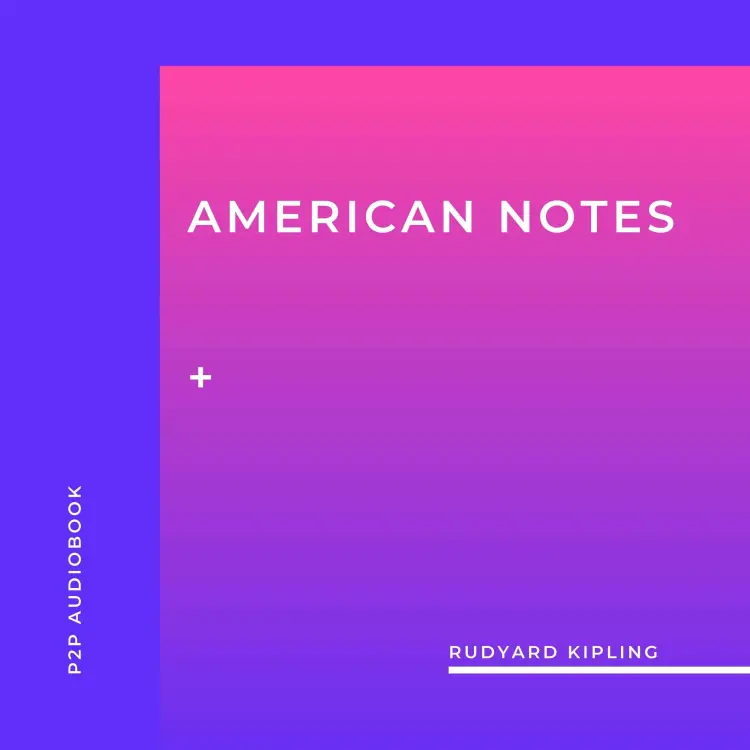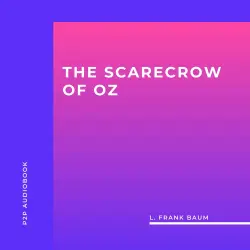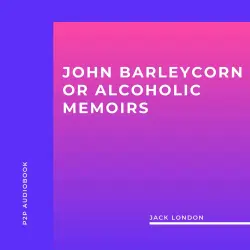
American Notes
Rudyard Kipling
Unabridged
2 hours 44 minutes
Note: Costs may be incurred for playing the audio books or audio plays on the respective platforms, e.g. Spotify. Lismio has no influence on which audiobooks and audio plays are available on the service.
Some articles contain affiliate links (marked with an asterisk *). If you click on these links and purchase products, we will receive a small commission at no extra cost to you. Your support helps to keep this site running and to continue creating useful content. Thank you for your support!
From the publisher
In American Notes, Rudyard Kipling, the Nobel Prize-winning author of the Jungle Book, visits the USA. As the travel-diary of an Anglo-Indian Imperialist visiting the USA, these American Notes offer an interesting view of America in the 1880s.
Kipling affects a wide-eyed innocence, and expresses astonishment at features of American life that differ from his own, not least the freedom (and attraction) of American women. However, he scorns the political machines that made a mockery of American democracy, and while exhibiting the racist attitudes that made him controversial in the 20th century concludes "It is not good to be a negro in the land of the free and the home of the brave."
G. A. England of Harvard University (letter to The New York Times 10/11/1902) wrote: "To the American temperament, the gentleman who throws stones while himself living in a glass house cannot fail to be amusing; the more so if, as in Mr Kipling's case, he appears to be in a state of maiden innocence regarding the structure of his own domicile."
Kipling affects a wide-eyed innocence, and expresses astonishment at features of American life that differ from his own, not least the freedom (and attraction) of American women. However, he scorns the political machines that made a mockery of American democracy, and while exhibiting the racist attitudes that made him controversial in the 20th century concludes "It is not good to be a negro in the land of the free and the home of the brave."
G. A. England of Harvard University (letter to The New York Times 10/11/1902) wrote: "To the American temperament, the gentleman who throws stones while himself living in a glass house cannot fail to be amusing; the more so if, as in Mr Kipling's case, he appears to be in a state of maiden innocence regarding the structure of his own domicile."









